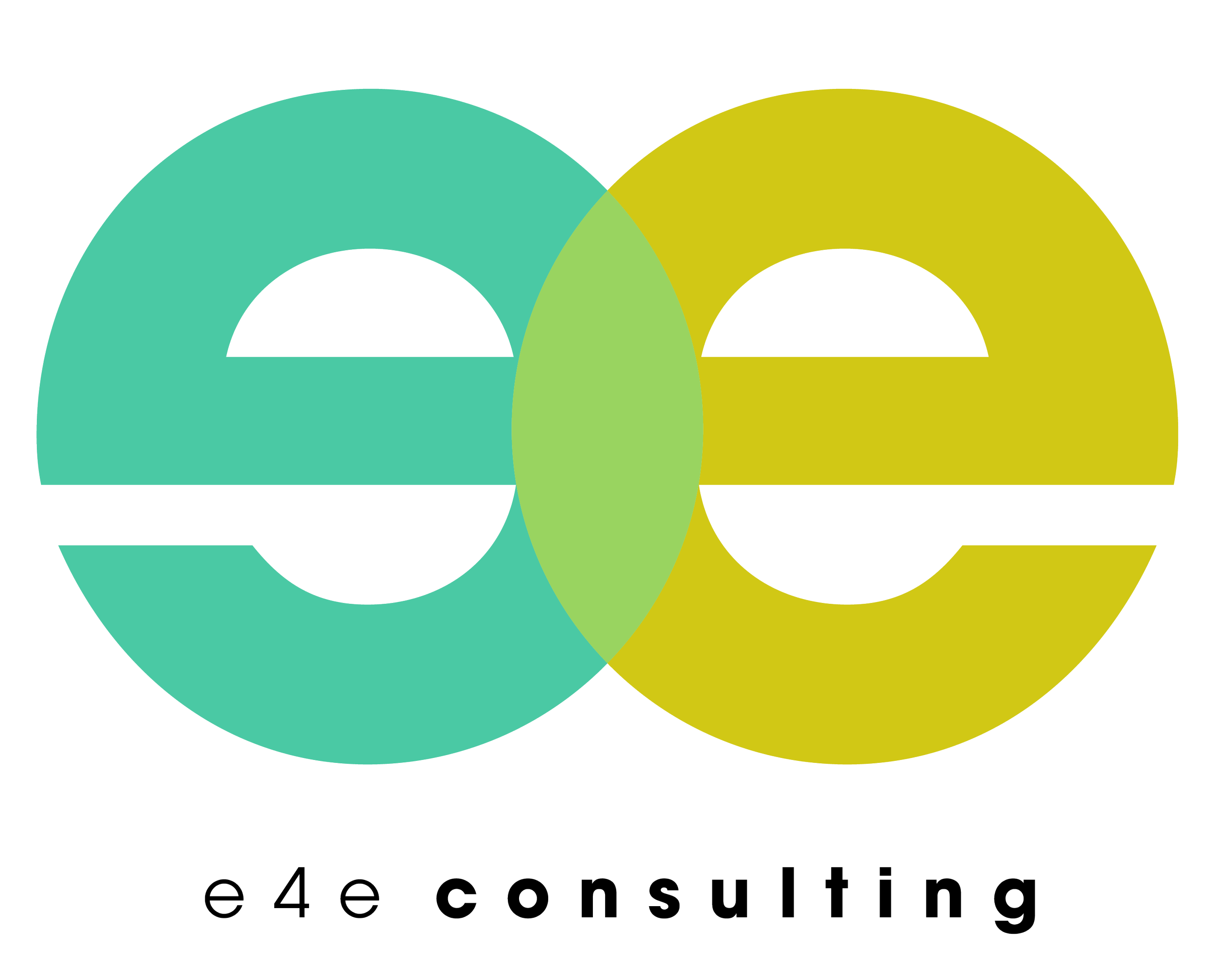How to Measure the Impact of Your Equity Initiative
Measuring the impact of equity-focused initiatives is essential to ensure that community-based organizations (CBOs) are making meaningful progress in reducing disparities and improving outcomes for marginalized populations. Here are key steps to measuring impact:
1. Define Clear Equity Metrics: Establish metrics that align with your equity goals. These might include reducing disparities in access to services, improving outcomes for specific demographic groups, or increasing the diversity of staff and leadership. Examples of metrics include:
Percentage of marginalized community members served.
Representation of diverse groups in leadership and decision-making.
Reduction in racial/ethnic disparities in service outcomes.
2. Disaggregated Data: Collect and analyze data disaggregated by race, gender, income level, geography, and other relevant factors. This allows CBOs to identify where disparities exist and track changes over time.
3. Qualitative Data Collection: In addition to quantitative metrics, gather qualitative data from the communities you serve. This could include interviews, focus groups, and surveys that ask for community members’ perceptions of equity within the organization and the effectiveness of equity initiatives.
4. Long-Term Tracking: Equity changes take time. CBOs should commit to long-term tracking of outcomes related to their equity initiatives. This involves regularly revisiting data, assessing whether goals are being met, and adjusting strategies as needed.
5. Community Feedback: Create mechanisms for continuous community feedback, particularly from marginalized groups. This feedback loop ensures that the community’s needs are being met and helps the organization stay responsive to changing dynamics.
6. Transparency and Accountability: Regularly report on your progress toward equity goals, both internally and to the community. Being transparent about successes and challenges builds trust and ensures accountability.
By establishing clear metrics, collecting disaggregated data, and fostering a culture of continuous feedback and improvement, CBOs can effectively measure the impact of their equity initiatives and make data-informed decisions.
